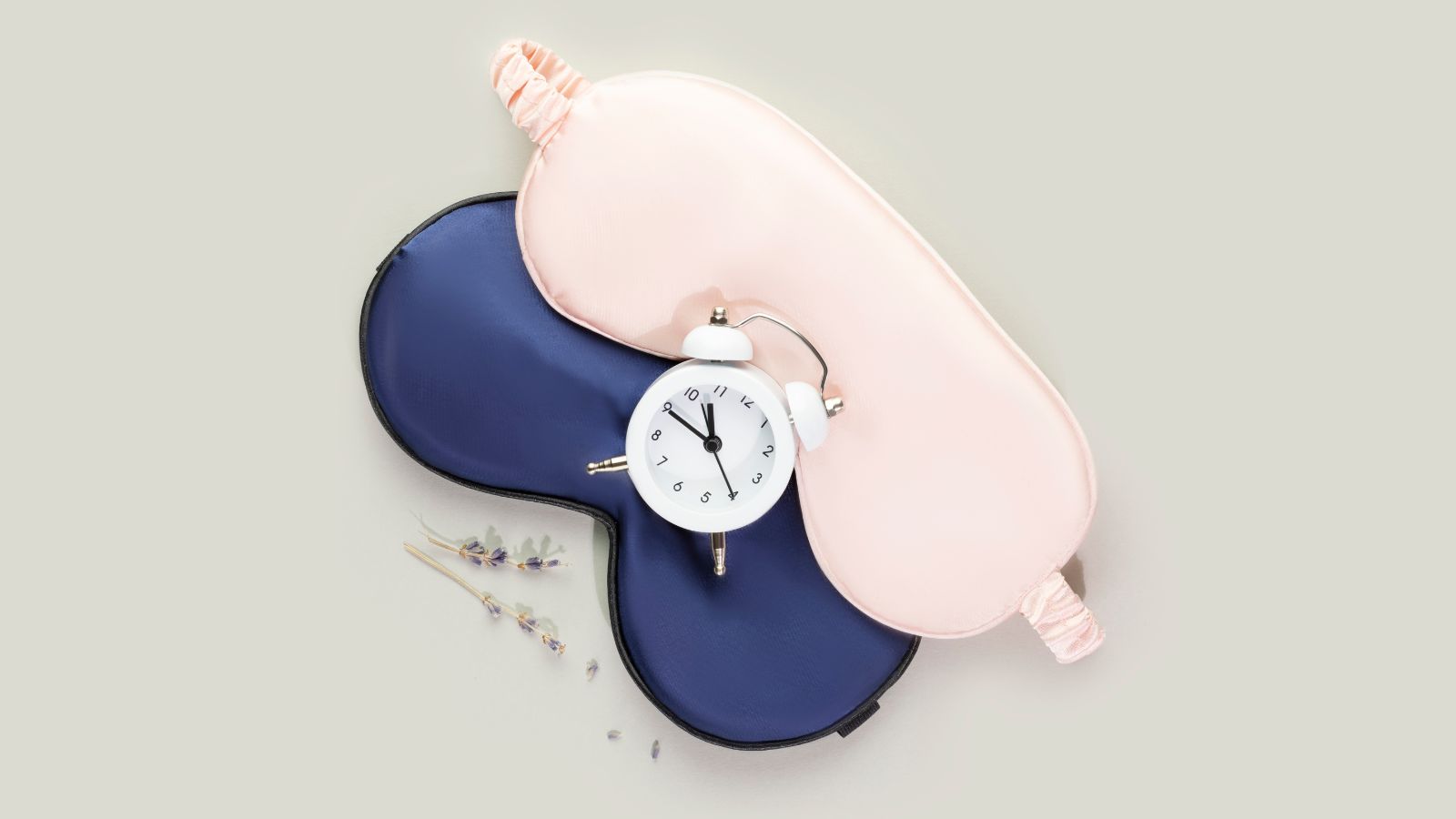Sleep is a crucial component of your overall health and mental wellbeing. In today’s fast-paced environment, maintaining healthy sleep patterns can be challenging. Disrupted sleep not only affects your physical health but also your mental clarity and emotional balance.
As modern lifestyles become increasingly hectic, the importance of sleep cannot be overstated. It plays a crucial role in maintaining your mental health and cognitive functions. However, the demands of daily life often disrupt natural sleep patterns, leading to various mental health challenges. By adopting holistic habits that promote better sleep, you can enhance your overall well-being.
Developing A Calming Bedtime Routine
A consistent bedtime routine is instrumental in signaling to your body that it’s time to wind down. Engaging in calming activities before bed can help reduce stress levels and prepare your mind for rest. Simple practices like reading a book, meditating or performing gentle stretches can be highly effective in promoting relaxation.

The key to an effective bedtime routine lies in consistency and simplicity. You want activities that are easy to incorporate into your evening without causing additional stress or anxiety. Over time, these rituals become cues for your body to relax, making it easier to fall asleep quickly.
Avoid stimulating activities or heavy meals close to bedtime as they may interfere with your ability to fall asleep. Instead, focus on calming rituals that soothe both body and mind, creating a seamless transition from wakefulness to restful slumber.
Creating A Sleep-Friendly Environment
Creating a comfortable sleep environment is paramount in ensuring restful nights. A serene bedroom setting with minimal distractions can significantly improve your sleep quality. Incorporating elements such as blackout curtains or white noise machines can help create a tranquil atmosphere conducive to slumber. Your bedroom should be a sanctuary designed for relaxation and rest. Keeping it cool, quiet and dark are foundational steps in crafting an ideal sleeping environment. Soft lighting and calming scents like lavender can further promote relaxation and set the stage for a night of restorative sleep.
Pay attention to your mattress and pillows, as they form the backbone of your sleeping setup. Investing in an adjustable body pillow to enhance your overall sleep experience and create more opportunities for you to sleep well.
The Impact Of Diet And Exercise On Sleep
Your diet plays a significant role in determining the quality of your sleep. Consuming foods rich in nutrients that promote relaxation can enhance your ability to fall asleep easily. For instance, almonds contain magnesium which is known for its calming properties. Similarly, chamomile tea is renowned for its soothing effects.
Regular physical activity is another critical factor contributing to better sleep. Exercise helps regulate the body’s internal clock and promotes deeper sleep cycles. Engaging in aerobic exercises or even brisk walking during the day ensures you’re physically tired by bedtime.
A balanced diet combined with regular exercise contributes not only to better physical health but also enhances mental clarity and emotional stability – creating an optimal foundation for restful nights.

Managing Stress For Better Sleep
Stress is one of the most common barriers to achieving quality sleep. Implementing stress management techniques such as journaling or mindfulness practices can significantly improve your sleep patterns. By addressing underlying stressors that might disrupt your rest, you pave the way for more peaceful nights.
Mindfulness meditation helps calm the mind by focusing on breathing and being present in the moment. This practice reduces anxiety levels, making it easier for you to drift into slumber without racing thoughts or worries.
Journaling before bed allows you to offload concerns onto paper, clearing mental clutter that might otherwise keep you awake. Identifying stressors during this process helps you tackle them systematically while reducing their impact on your night’s rest. You can also seek expert’s help. Pacific Coast Therapy in California provides a Campbell therapist that will help you manage your stress and anxiety.
The Role Of Technology In Sleep Disruption
The pervasive use of screens before bed disrupts natural sleep patterns due to blue light emissions inhibiting melatonin production – essential for regulating the sleep-wake cycle. Reducing screen time at least an hour before bed can help mitigate this effect.
Consider setting boundaries around technology usage by establishing tech-free zones within the bedroom or using apps designed specifically to reduce blue light exposure from devices during evening hours.
Taking steps to improve your sleeping habits holistically not only enhances nightly rest but also contributes significantly to better mental well-being over time, creating positive ripple effects throughout all aspects of life.
